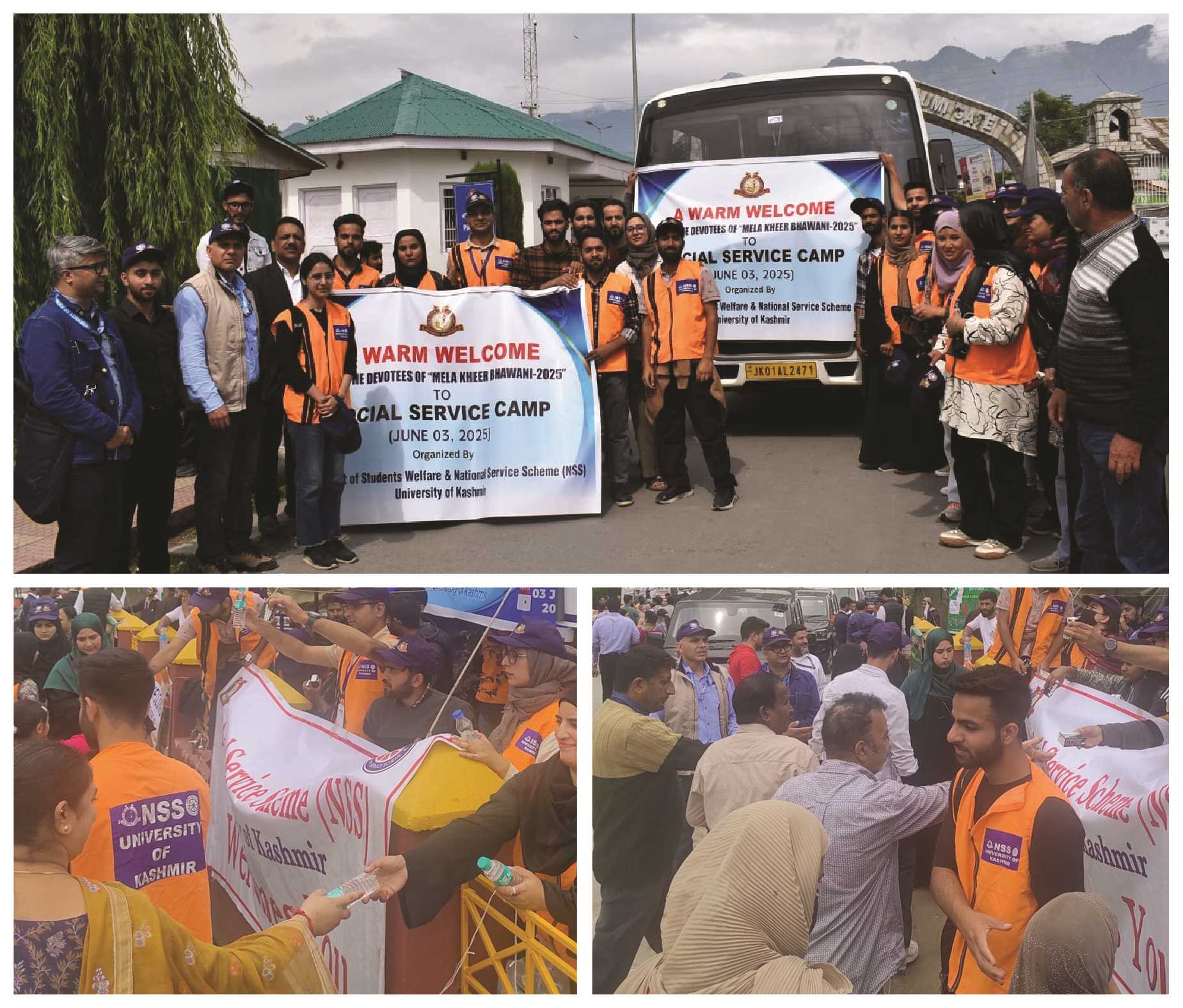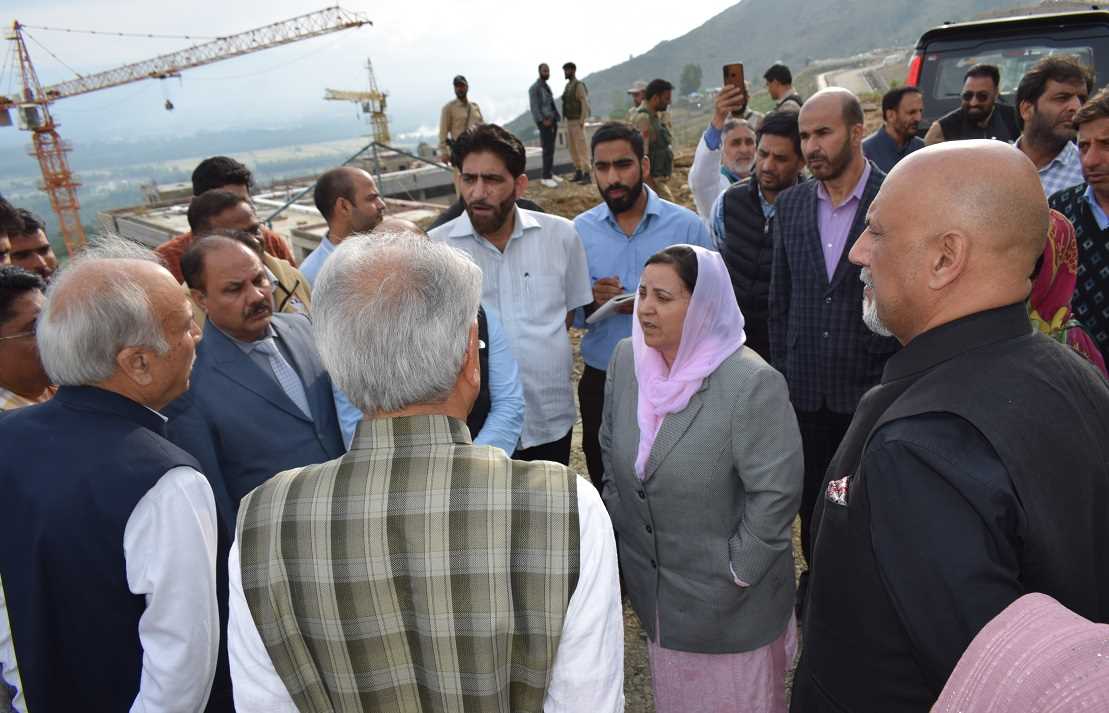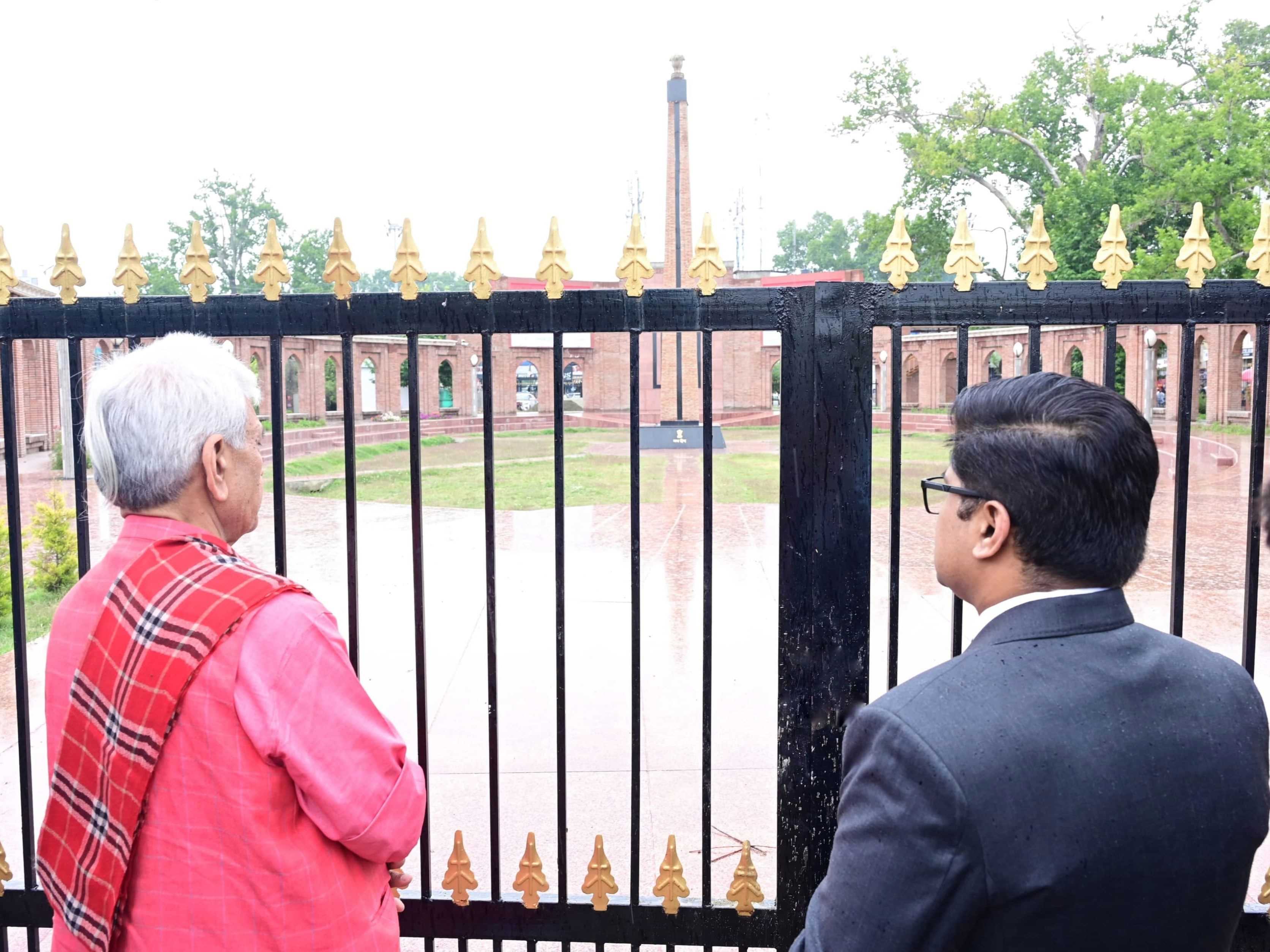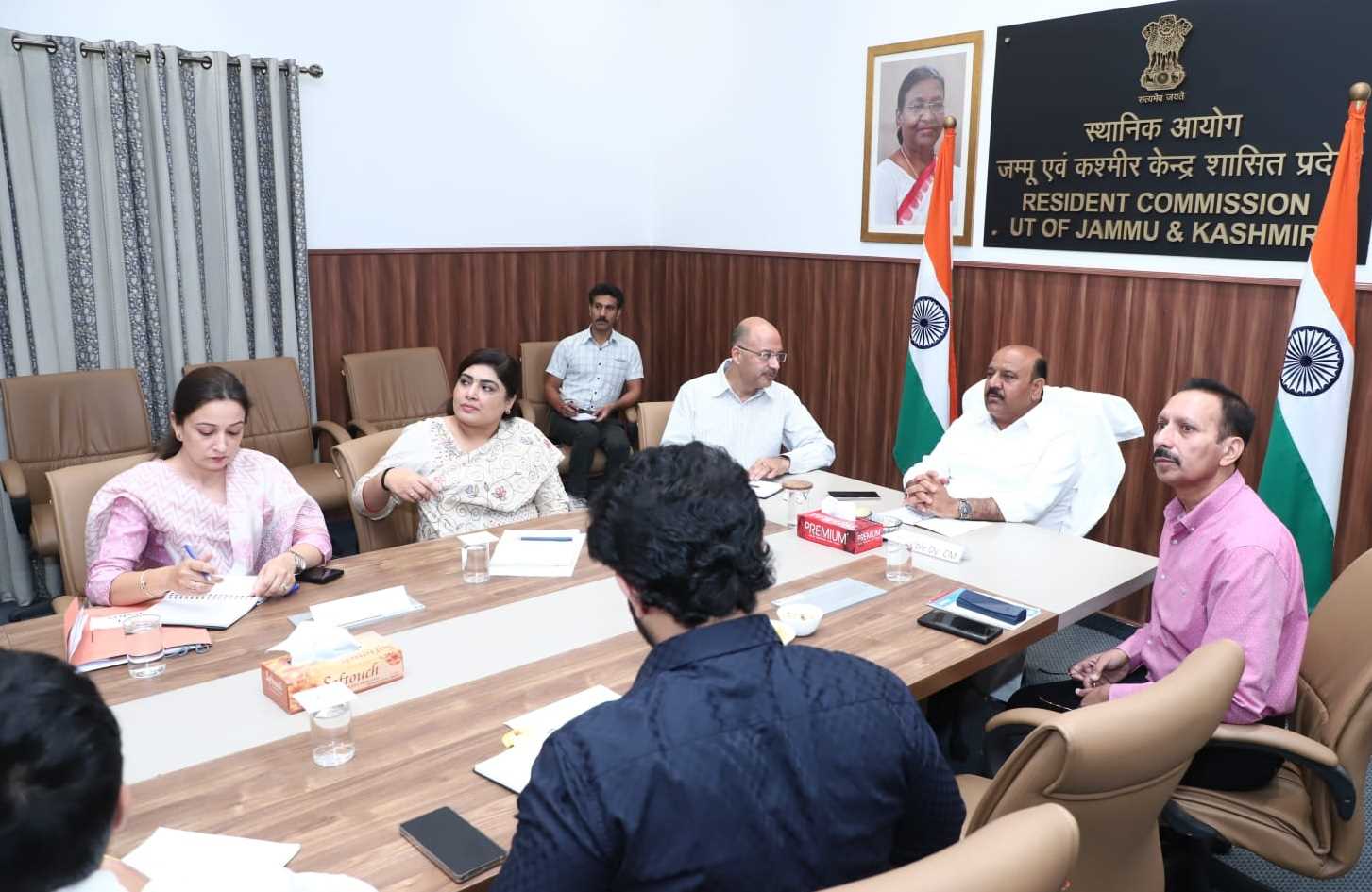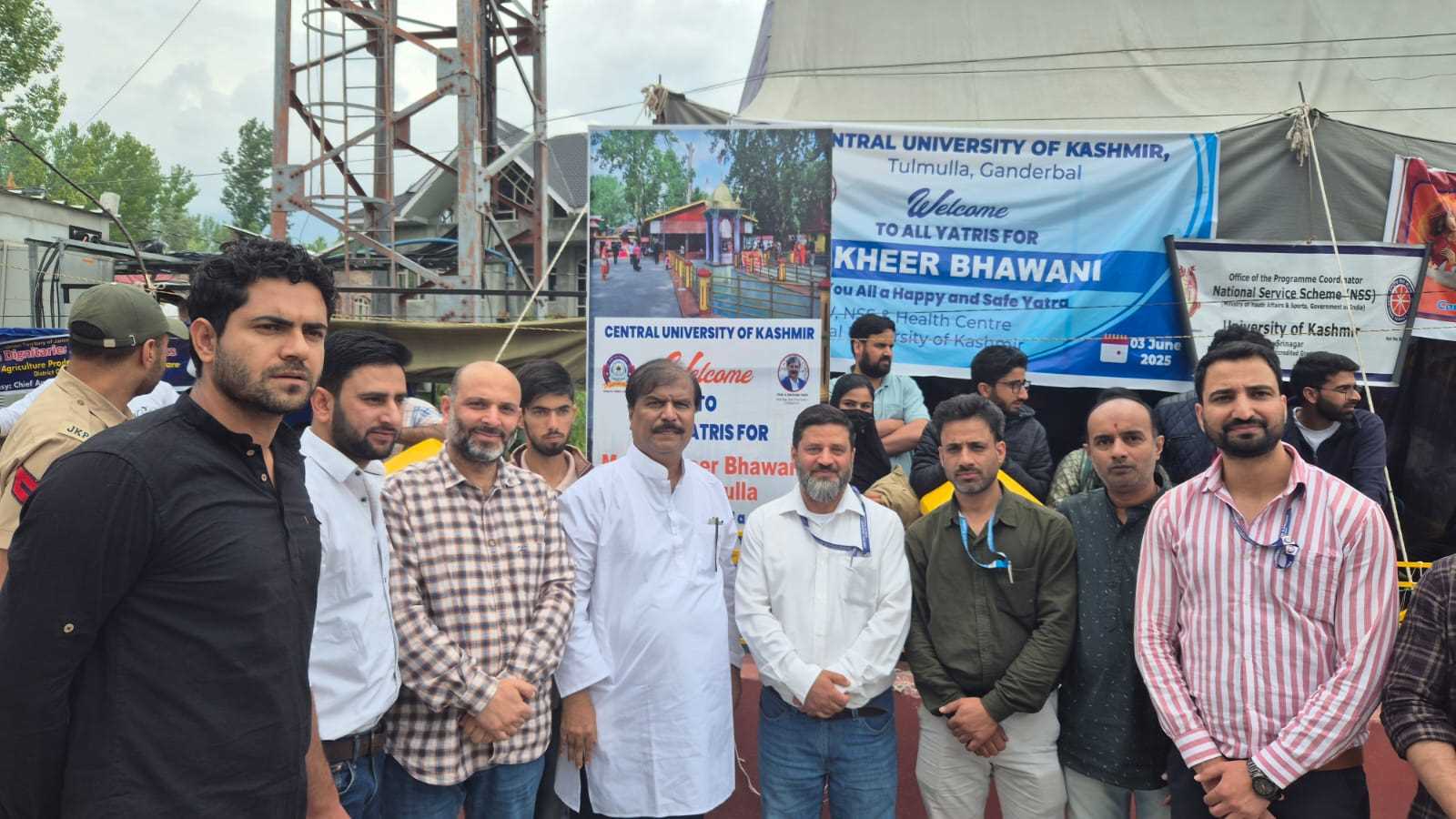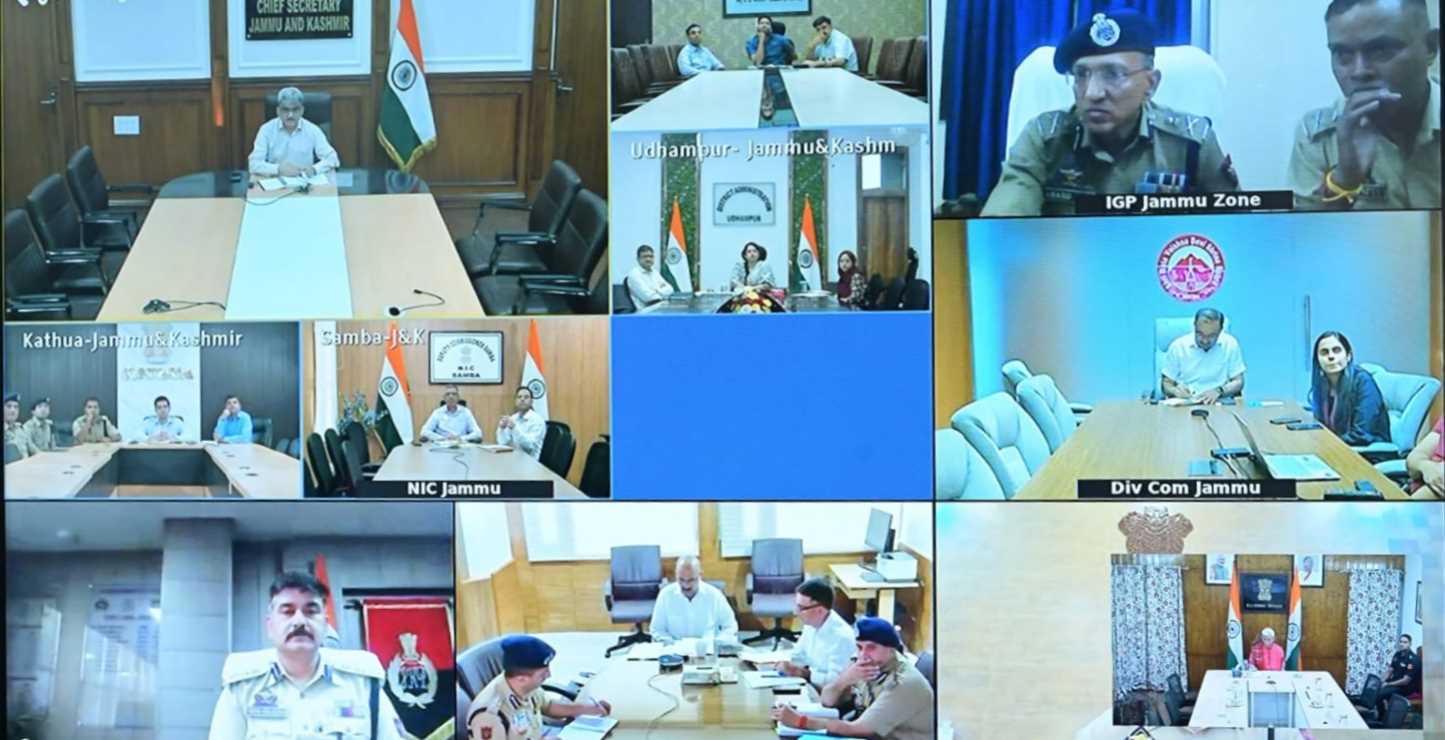Over the years Jammu and Kashmir has witnessed abrupt changes in climate and according to a disaster management report, 13 districts in J&K, out of 100 districts in India, have been identified as 'multi-hazard districts'.
“Majority areas of the valley, especially Sonawari, Awantipora and Srinagar, along with parts of Jammu are prone to floods. Upper catchments of all the tributaries of the Jhelum, Indus, Chenab and Tawi rivers are prone to flash floods,” the report said. All these areas were worst hit by September-2014 floods and are prone to floods.
While the recent study says that out of the 12 states, Assam, Mizoram and Jammu & Kashmir are extremely vulnerable to global warming.
“Based on this assessment, the vulnerability index is found to be the highest for Assam (0.72) and Mizoram (0.71), followed by Jammu and Kashmir (0.62), Manipur (0.59), Meghalaya and West Bengal (both 0.58), Nagaland (0.57), Himachal Pradesh and Tripura (0.51 both), Arunachal Pradesh (0.47) and Uttarakhand (0.45). Sikkim is the least vulnerable state with the index being 0.42,” the study says.
The study further says that, “Several drivers of vulnerability are evident for the state of J&K. These include, in the order of significance, least road density, no area under crop insurance, low area under forests per 1,000 rural households, a high percentage of marginal farmers, low percentage area under horticulture crops, low livestock to human ratio and the low percentage of women in the overall workforce.”
The study says that climate change is already occurring and impacting natural ecosystems and human societies.
It says, “To reduce these uncertainties and plan towards sustainable development is essential to adopt evidence-based adaptation planning in IHR. This requires an in-depth understanding of the key risks and vulnerabilities derived from scientific assessments.”
The study has been authored by IIT Guwahati Anamika Barua Associate Professor Dept. of Humanities and Social Science Principal Investigator Rupam Bhaduri Research Scholar Centre for the Environment Vishaka Gulati Research Scholar Dept. of Humanities and Social Sciences IIT Mandi Shyamasree Dasgupta Assistant Professor School of Humanities and Social Sciences Co-Principal Investigator Kritishnu Sanyal Project Associate School of Humanities and Social Sciences Mir Khursheed Alam Research Scholar School of Humanities and Social Sciences IISc Bangalore N.H. Ravindranath Professor Centre for Sustainable Technologies (CST) Key Resource Person Indu K Murthy Consultant Scientist Centre for Sustainable Technologies Tashina Esteves Research Associate Jagmohan Sharma Additional Principal Chief Conservator of Forests (Forest Conservation) Government of Karnataka.


